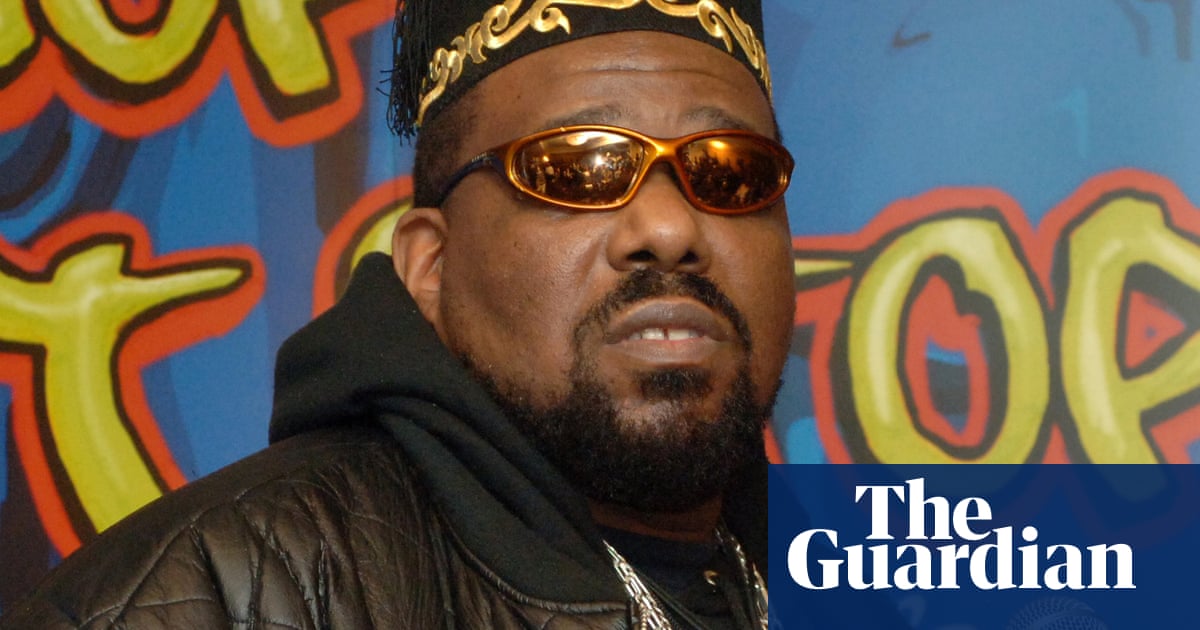Hip-hop pioneer Afrika Bambaataa has lost a civil case suing him for child sexual abuse and trafficking after failing to show up in court.
In 2021, the anonymous plaintiff alleged that the DJ and producer sexually abused and trafficked him for four years, beginning in 1991, when he was 12 and Bambaataa 33 or 34 years old.
Bambaataa, born Lance Taylor, has never responded to these specific allegations,Rolling Stone reports. The Guardian has contacted representatives for Bambaataa for comment.
Judge Alexander M Tisch granted the plaintiff a default judgment “without opposition” in New York state’s supreme court.
Bambaataa has faced numerous allegations of molesting boys.
In 2016, the Democratic party activist and former music industry executive Ronald Savage alleged that Bambaataa had repeatedly abused him in 1980, when he was 15 and Bambaataa 23. In 2024 he recanted his allegations, saying that he met Bambaataa at a club he had used a fake ID to enter.
“Bambaataa is not a paedophile and, in my eyes, he was doing something that was consensual with someone that he thought was of age,” he told AllHipHop. “I wish, back in 2016, I remembered about the fake ID.”
At the time, the allegations prompted more alleged victims to come forward, with Rolling Stone reporting that 12 men in total – not including Savage – have accused Bambaataa of sexual impropriety.
A man claiming to be a former bodyguard for Bambaataa, Shamsideen Shariyf Ali Bey, said: “I’ve walked in on stuff where I say: ‘What the fuck is going on.’ He travels with late teens. Those are the ones he takes overseas with him. When I went with him on tour in the states, I would stay in one room and he would have boys in the room with him.”
The musician denied all allegations in a 2016 interview with Fox 5 News, but left his position as the head of his Universal Zulu Nation organisation: “I never abused nobody. You know, it just sounds crazy for people to say that, to hear: ‘You abused me.’ You know all my people back then, you know the hundreds of people that been around me. If something like that happened, why you never went to none of them?”
Alongside DJ Kool Herc, Bambaataa was one of the originators of hip-hop and began throwing block parties in the South Bronx in the 1970s.
In the UK,Rape Crisisoffers support for rape and sexual abuse on 0808 802 9999 in England and Wales, 0808 801 0302 inScotland, or 0800 0246 991 inNorthern Ireland. In the US,Rainnoffers support on 800-656-4673. In Australia, support is available at1800Respect(1800 737 732). Other international helplines can be found atibiblio.org/rcip/internl.html
